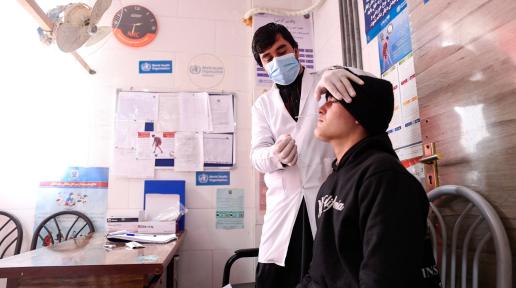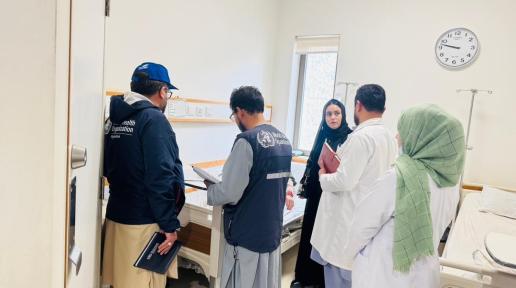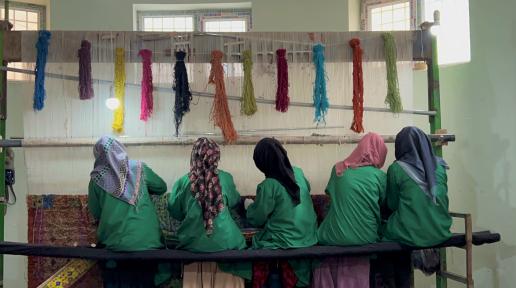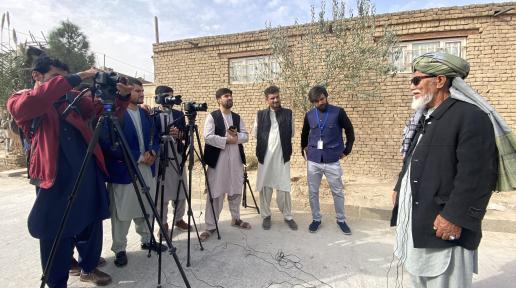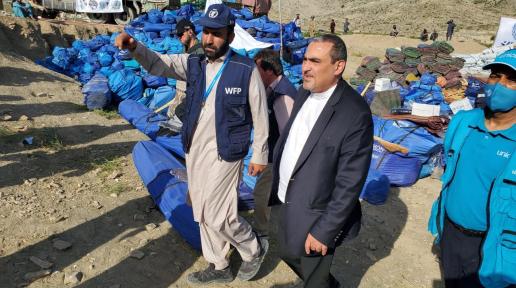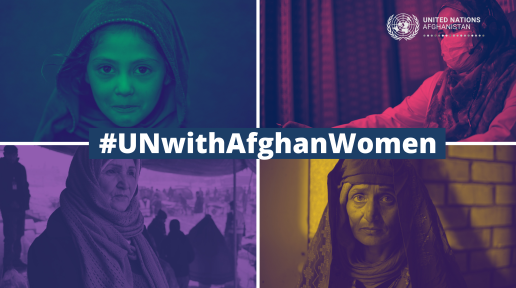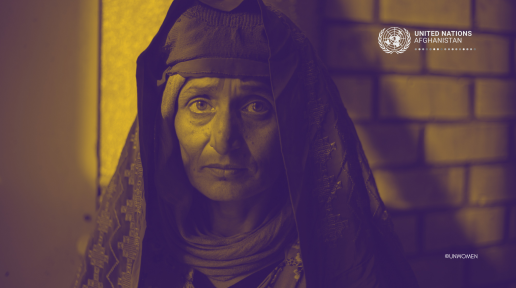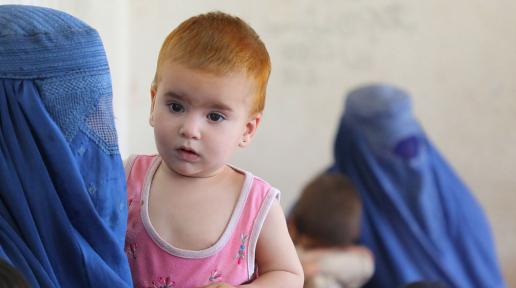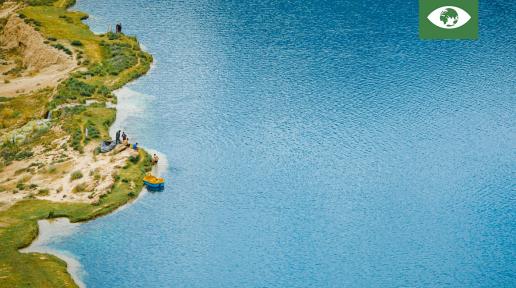داستان
04 December 2025
Walls of Resilience: Youth Art Contest Showcases Afghanistan’s Bond with the UN
For nearly eight decades, the UN and Afghanistan have shared a journey of continued engagement, collaboration, and partnership. Throughout times of progress and challenge, the UN has remained a steadfast ally to the people of Afghanistan, working side by side to support their aspirations for peace, development, and dignity.To honour and celebrate this milestone, UN Afghanistan turned to the country’s talented adolescents and youth, with a nationwide Youth Art Contest to explore how young Afghans see the UN’s role in their country. The initiative invited participants to express their knowledge, creativity, and vision through art. The response was inspiring. Dozens of young artists, both male and female, from across Afghanistan submitted impressive, powerful works reflecting their perspectives. “Each piece carried a unique story—of resilience, hope, partnership, and the enduring bond between the UN and the Afghan people,” said Diloro Kadirova, Head of the UN Resident Coordinator’s Office in Afghanistan. As we present a selection of top submissions from different provinces, we can see that these pieces of art are more than creative expressions, they are a testimony of how deeply the UN’s presence and support resonate with Afghan communities. From vibrant depictions of peace to symbolic portrayals of unity, the art captures the spirit of engagement that has defined the UN-Afghanistan relationship for generations. The stories told through these pieces of art remind us that the journey is far from over. They highlight the hope and resilience of Afghan youth, their determination to thrive. These works call for continued UN-Afghanistan collaboration, for which the UN’s commitment remains unwavering: to stand with the people of Afghanistan and to amplify their talent, voices, and dreams for a prosperous future - every brushstroke, every color, and every story contributing to building a brighter tomorrow.



